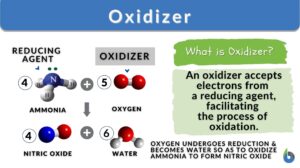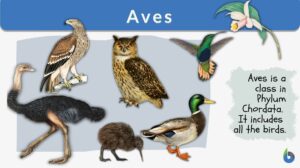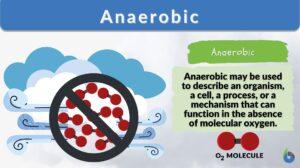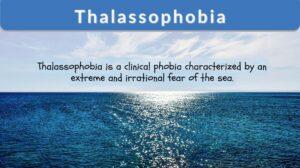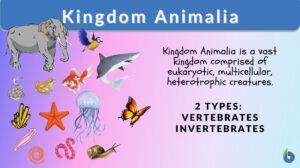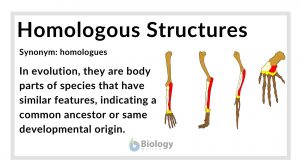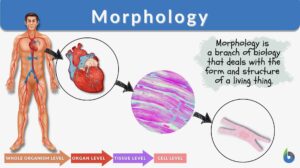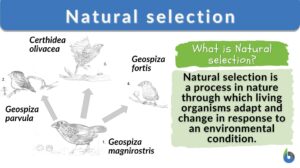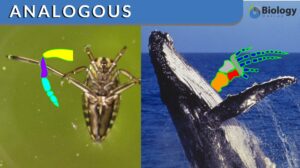Search Results for: swimming
Free-swimming
Free-swimming (Science: zoology) swimming in the open sea; said of certain marine... Read More
Nectophore
Definition noun, plural: nectophores The swimming bell in (the colony of) siphonophores Supplement The nectophores are the... Read More
Homologous
Homologous Definition What is homologous? In general science, the word “homologous” is used to show a degree of... Read More
Wild dolphins learn to “tail-walk” on the water, yet it’s just a fad
Dolphins performing acrobatic tricks have, time and again, fascinated and mesmerized people. As early as 1860s, capturers... Read More
Naegleria fowleri
Naegleria fowleri (commonly referred to as the brain-eating amoeba) is a heat-loving amoeboflagellate protozoan of the... Read More
Chemokinesis
Definition noun A behavioral response of a cell or an organism to a soluble chemical that leads to random or directionally... Read More
Book lungs
Book Lungs Definition Lungs are known as the organs that help organisms breathe. When we think of lungs, we think of the... Read More
Thalassophobia
Among many psychological and psychiatric disorders, one is the fear of the ocean and the fear of deep water, which in... Read More
Mycoplankton
Definition noun The fungi or fungus-like component of plankton Supplement Plankton pertain to the small organisms that... Read More
Chemotaxis
Definition noun The directional movement of an organism or a living motile cell in response to certain diffusible chemicals... Read More
Kingdom Animalia
Kingdom Animalia Definition Each person can say that they know of or can name at least one animal. However, do people know... Read More
Bacterioplankton
Definition noun The bacterial component of plankton of aquatic ecosystems Supplement Plankton pertain to the small organisms... Read More
Bone matrix
Bone Matrix Definition Bone matrix refers to the matrix component of bone tissue. It provides the structural framework and... Read More
Analogous structures
Analogous Structures Definition In evolutionary biology, analogous structures are biological structures having similar or... Read More
Homologous structures
Homologous Structures Definition What are homologous structures? In biology, homologous structures are physical features... Read More
New Zealand’s Unique Fauna
By: Maria Victoria Gonzaga In the previous lesson, we learned about the high biodiversity of New Zealand and how... Read More
Morphology
Morphology Definition Morphology means the study of the shape and structure of living things from a biological perspective.... Read More
Natural selection
Natural Selection Definition What is natural selection in biology? Natural selection is defined as a process in nature... Read More
Locomotion
Definition noun The ability of cells or organisms to move and propel itself from place to place Supplement Locomotion in... Read More
Imprinting
What does imprinting mean? Have you watched the TV cartoon show “Tom and Jerry” with an episode of a duck and its... Read More
Phytoplankton
Definition noun Photosynthetic (plant-like) constituent of plankton, mainly comprised of unicellular... Read More
Escape conditioning
Definition noun A form of conditioning in which the subject learns to perform a behavior that terminates an aversive... Read More

